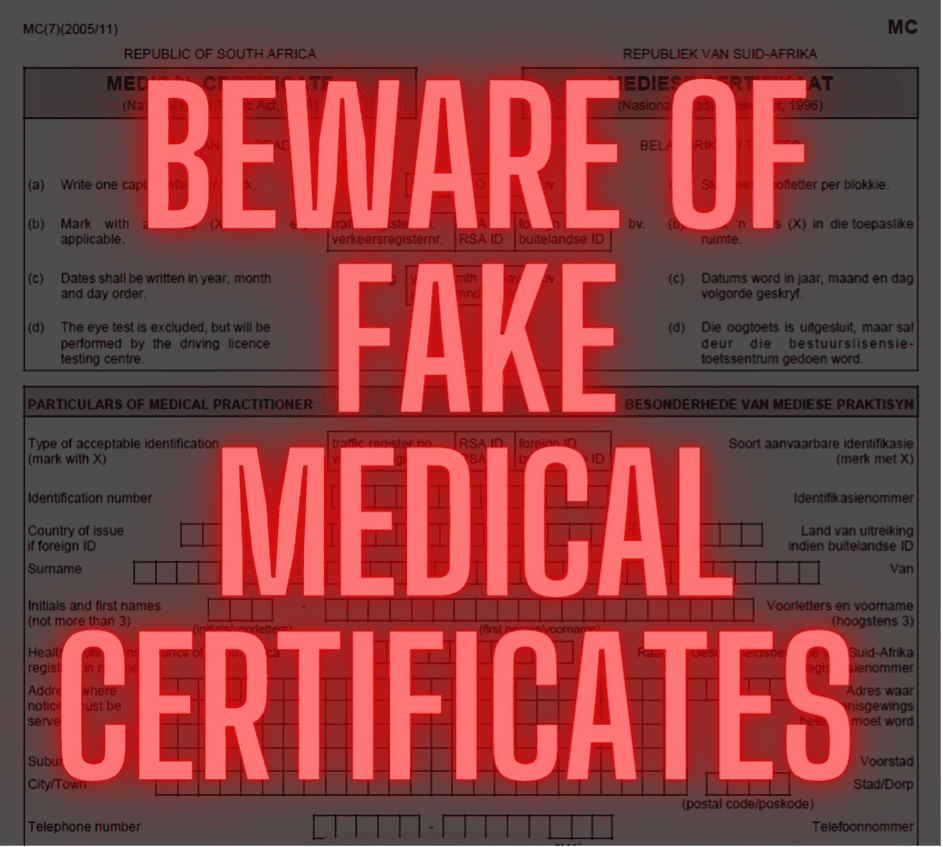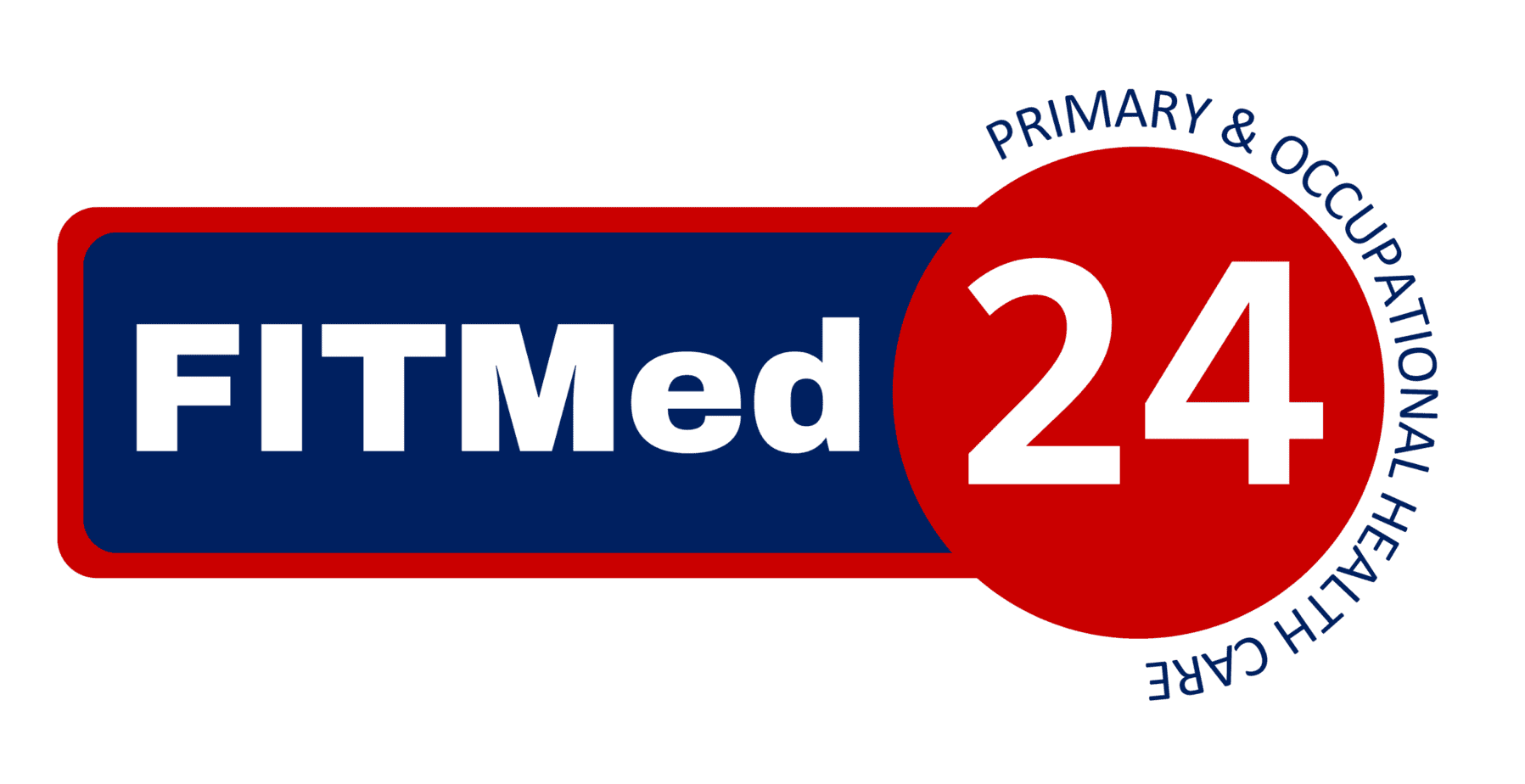In today’s competitive business environment, ensuring workplace safety and compliance is paramount. However, a disturbing trend has emerged where companies fall victim to fraudulent practices involving fake occupational medical certificates. These certificates, purportedly issued by reputable medical providers, often lack authenticity and pose significant risks to workplace safety and regulatory compliance.

The Rise of Fraudulent Practices
Fraudulent issuance of occupational medical certificates has become a growing concern across industries. These certificates are typically used by individuals seeking employment or access to job sites where health and safety regulations are stringent. Unfortunately, unscrupulous entities exploit this demand by fabricating certificates that appear legitimate at first glance.
The Consequences of Fake Certificates
The repercussions of accepting fake occupational medical certificates can be severe. Employers unknowingly expose themselves to risks such as:
- Compromised Safety Standards: Employees with fabricated medical clearances may not meet necessary health requirements, jeopardizing workplace safety.
- Legal and Regulatory Penalties: Non-compliance with health and safety regulations can result in fines, litigation, and reputational damage.
- Operational Disruption: Hiring unqualified individuals can lead to increased accidents, absenteeism, and productivity losses.
- The Importance of Verification
To mitigate these risks, companies must adopt rigorous verification processes for all medical documents submitted by employees and contractors. Verification ensures that certificates are authentic and issued by legitimate medical providers. This crucial step safeguards workplace integrity and upholds regulatory standards.
In South Africa, it is a criminal offense to fake or an occupational medical certificate. Fabricating or falsifying any medical document, including occupational medical certificates, constitutes fraud and can lead to legal consequences under South African law.
Such offenses may be prosecuted under various statutes, including those related to fraud, forgery, and misrepresentation. Penalties for such actions can include fines, imprisonment, or both, depending on the severity and circumstances of the offense. Therefore, it is crucial for employers and individuals to adhere to legal and ethical standards regarding the authenticity of medical documents to avoid legal repercussions.
Introducing FitMed24: Setting the Standard in Certificate Security
FitMed24 stands at the forefront of combating certificate fraud with advanced security features embedded in their occupational medical certificates. These features include:
- QR Codes: Each certificate is equipped with a unique QR code that links to a secure online verification portal.
- Authentication Safeguards: Multiple layers of authentication ensure the validity of the certificate and the issuing authority.
- Real-Time Verification: Employers can instantly verify the authenticity of certificates through FitMed24’s customer portal, enhancing efficiency and accuracy.
Conclusion
In conclusion, the prevalence of fake occupational medical certificates poses significant risks to businesses and their employees. By prioritizing rigorous document verification and partnering with trusted providers like FitMed24, companies can safeguard workplace safety, uphold regulatory compliance, and protect their reputations. Embracing secure, authenticated certificates not only mitigates fraud but also fosters a culture of accountability and trust within the workforce.
Stay informed. Stay secure. Choose authenticity with FitMed24

